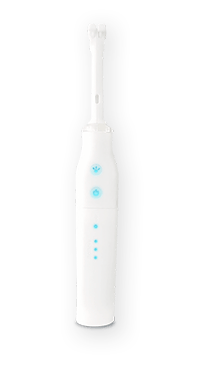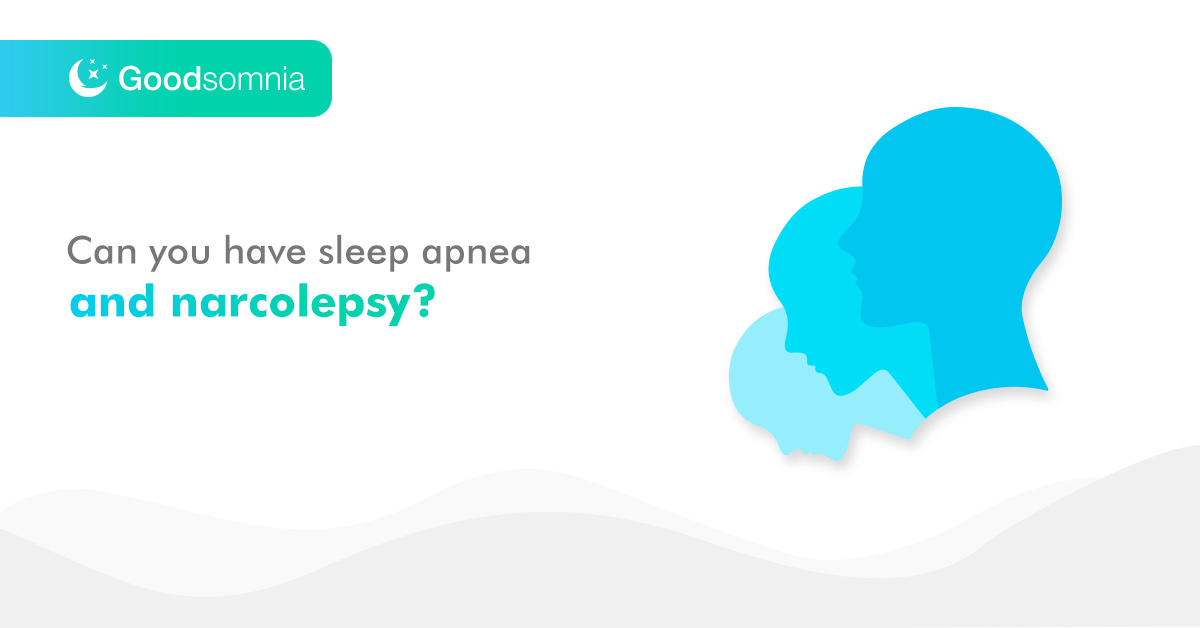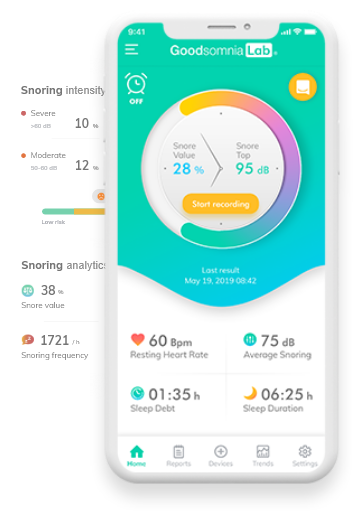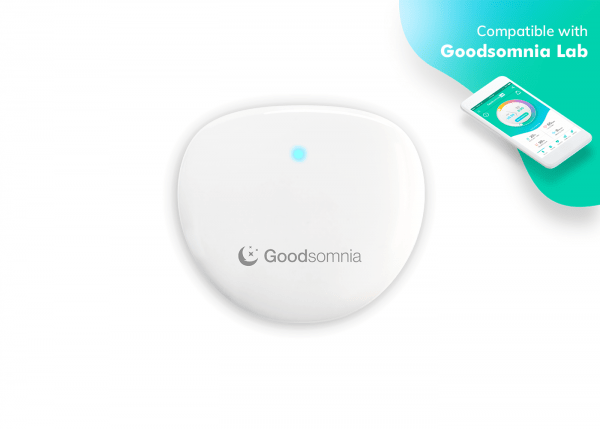We have spoken a lot about OSA, its types, causes, symptoms, and treatment, but what about another sleep disorder – narcolepsy? Do we know enough about it and can we distinguish between them?
Narcolepsy and sleep apnea
Simply put, narcolepsy is a neurological disorder during which a person loses control of sleep and wakefulness. To compare narcolepsy and sleep apnea, the crucial thing is that both are associated with excessive daytime sleepiness. To know if you have sleep apnea or narcolepsy, here are their different symptoms:
|
Narcolepsy |
Sleep apnea |
|
● daytime sleepiness ● sleep paralysis, sudden loss of muscle control ● hallucinations or frightening dreams ● dreams or visions are quite vivid and real |
● stoppage of breathing multiple times while sleep ● sleepiness during the day ● loud and frequent snoring ● gasping, choking breathing |
Answering the question “Can you have sleep apnea and narcolepsy?” simultaneously – yes, you can. But the frequency of this association and its clinical significance is unknown. A recent study assessed “Can sleep apnea cause narcolepsy?” and links between these two disorders. It studied 133 patients with narcolepsy and figured that OSA frequently occurs in narcolepsy but may delay the diagnosis of narcolepsy by several years and interfere with its proper treatment.
Checking out do I have narcolepsy or sleep apnea demands a professional diagnosis. Taking the table above as navigation is not enough because about one in 2,000 people have some form of narcolepsy and may not even suspect that. If you have suspicions, see a doctor.
What’s the difference between narcolepsy and sleep apnea?
Earlier, we mentioned the difference between narcolepsy and sleep apnea symptoms, so now let’s look at the difference between sleep apnea and narcolepsy conditions:
- Narcolepsy has nothing to do with obstructive breathing
- The main problem is falling asleep
- Narcolepsy followed by “sleep attacks” an incredible urge to sleep as well as the sudden loss of muscle control known as cataplexy.
- Narcolepsy with cataplexy is caused by the lack of the chemical hypocretin in the brain.
- Narcolepsy occurs equally in men and women.
It’s essential to compare narcolepsy and sleep apnea as you become more aware of different types of sleep disorders. The more you know, the faster you can detect and treat the problem, and the better your sleep will be.














